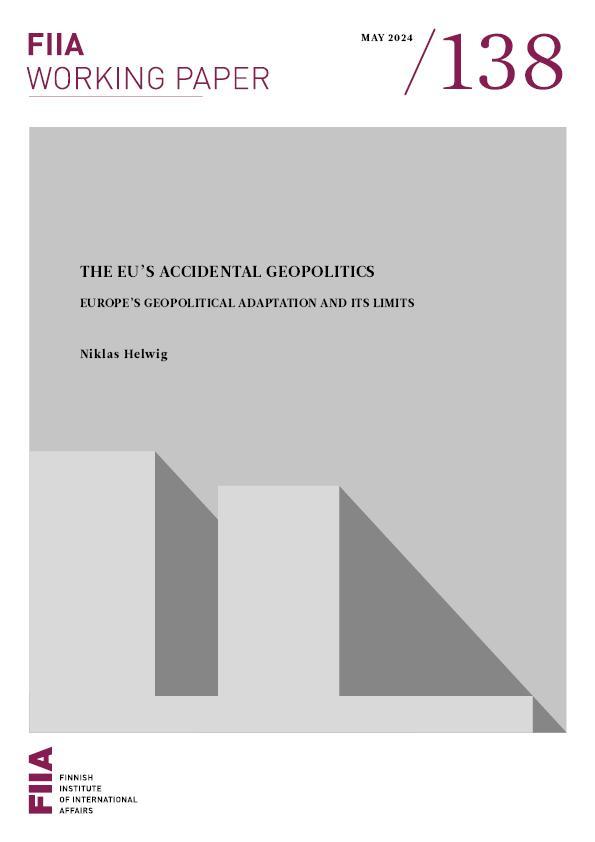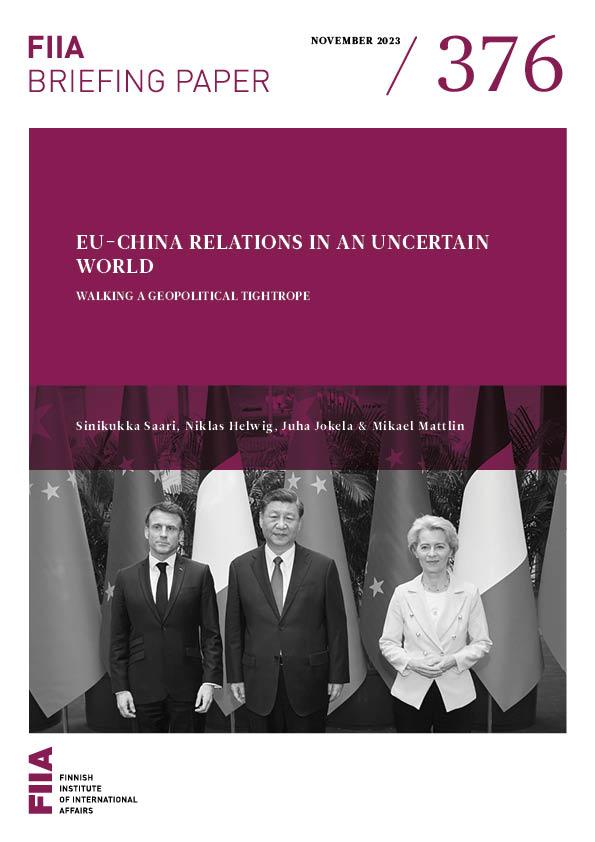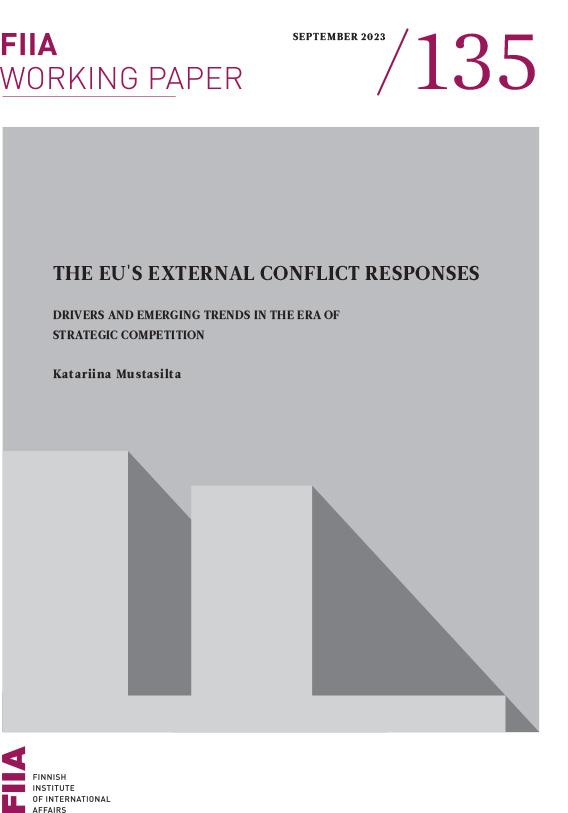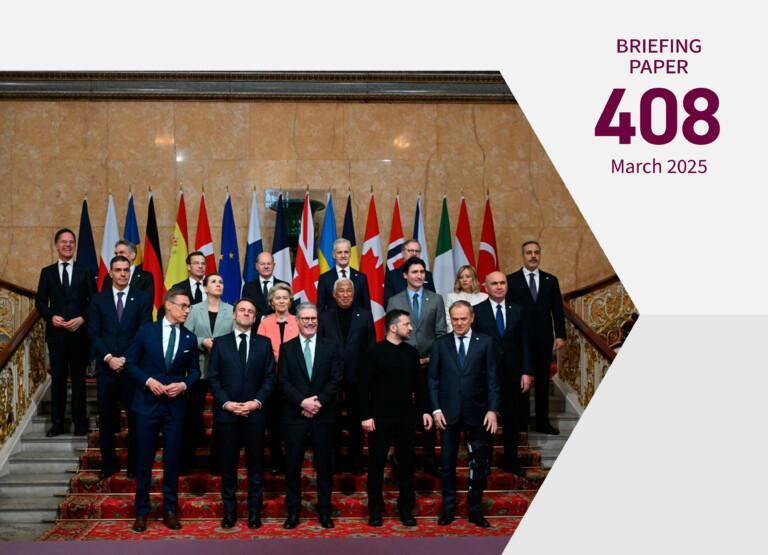
This Working Paper develops the idea that the EU is engaged in accidental geopolitics. There is a lack of consensus among EU institutions and members on the extent of the EU’s geopolitical role. The Union’s structures and strategic culture do not reflect a focus on geostrategy and power. Instead, the environment of strategic competition has pushed the EU to act in geopolitical ways, for example through the financing of military aid or the imposition of sanctions.
The paper argues that these actions have been accidental rather than intentional. To substantiate this argument, the paper draws on an analysis of several key foreign and security policy developments during the EU’s outgoing institutional cycle (2019–2024). The analysis reveals the EU’s shortcomings in becoming an intentional geopolitical actor, and highlights the role of foreign policy agents within the Union in driving decisions. Accidental geopolitics and the reactive deployment of the EU’s international leverage underline the impact of the Union’s top jobs on its role in international politics.











